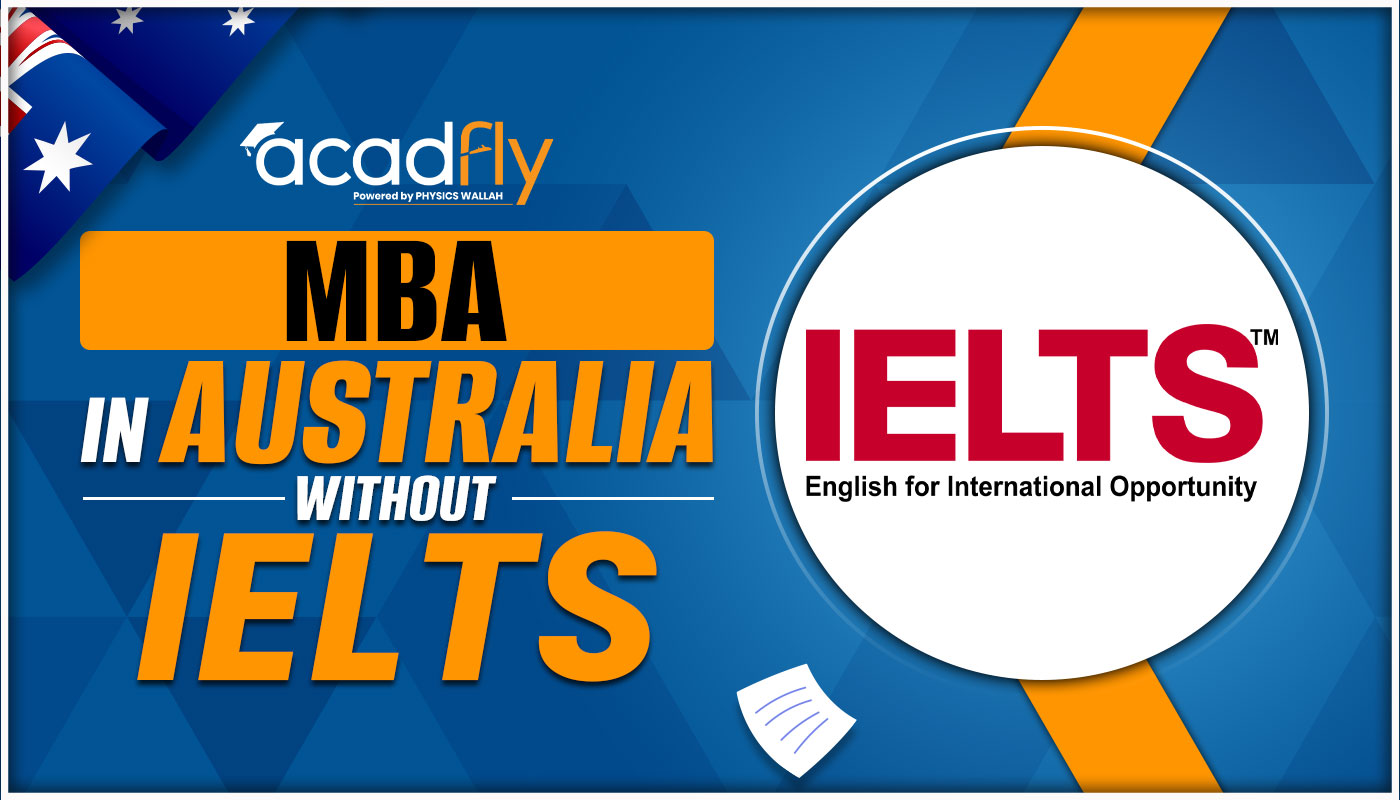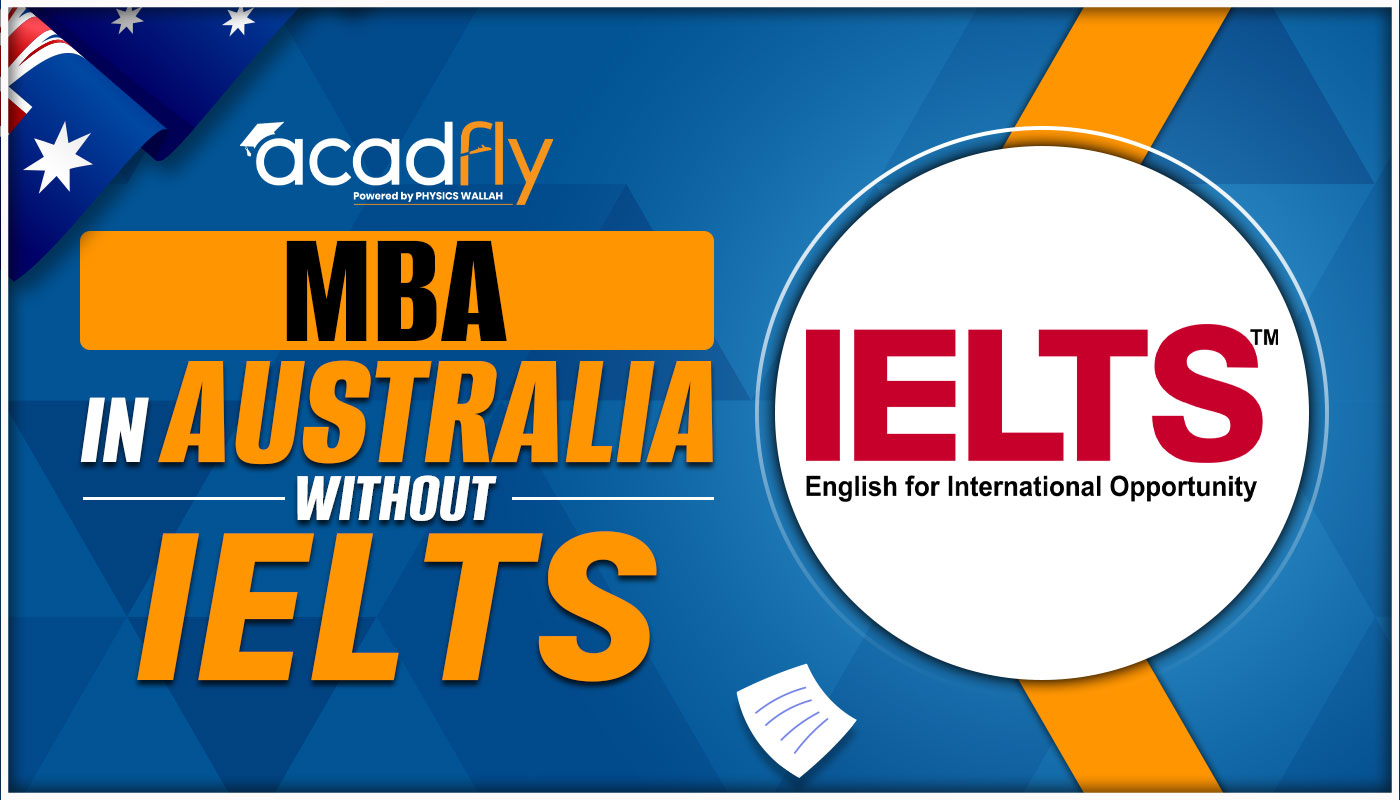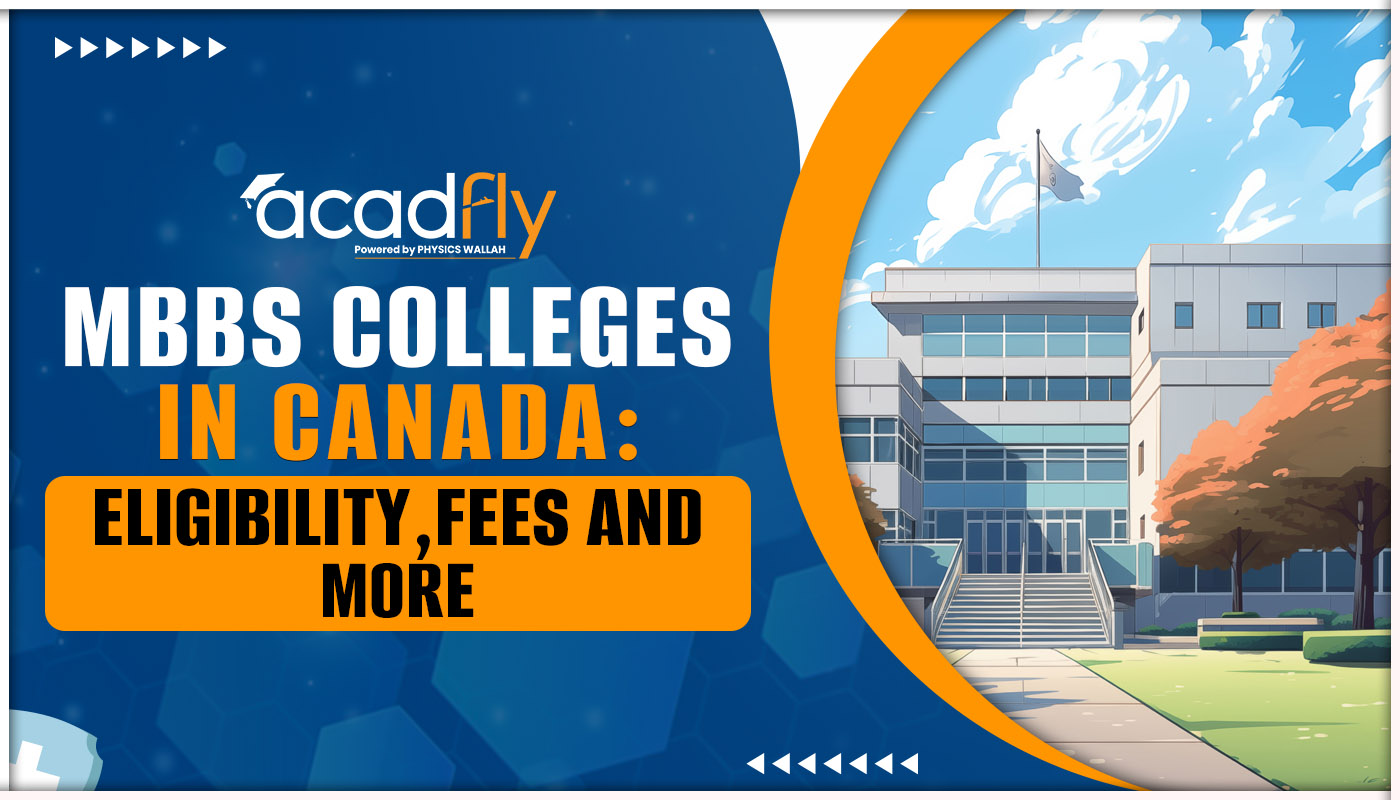


MBA in Australia Without IELTS: The prospect of studying for an MBA in Australia without IELTS can open many doors for international students who may find language proficiency exams a barrier to their educational aspirations. Australia, known for its high-quality education system, provides alternatives to IELTS that make it more accessible for non-native English speakers to pursue their MBA dreams.
This post explores how one can embark on this journey, highlighting universities that offer this flexibility, what documents are required, and the overall feasibility of the program.
MBA in Australia Without IELTS
An MBA in Australia without IELTS is an attractive option for many prospective students who wish to bypass the often rigorous and stressful English language testing. Instead of IELTS, universities may accept other proofs of English proficiency or even waive the requirement based on prior education or professional experience in English-speaking environments. This approach not only simplifies the admissions process but also widens the pool of candidates who can apply for these prestigious programs.
Australian Universities Offering MBA Without IELTS
Several reputable Australian universities have made provisions for students who seek an MBA in Australia without IELTS. These institutions assess English proficiency through alternative means, making it easier for international students to apply:
|
Australian Universities Offering MBA Without IELTS |
|
|
University |
Average Tuition Fees (AUD per year) |
|
University of Sydney |
60,000 - 70,000 |
|
Monash University |
55,000 - 65,000 |
|
University of Queensland |
50,000 - 60,000 |
|
Australian National University |
58,000 - 68,000 |
|
University of Melbourne |
59,000 - 70,000 |
|
University of New South Wales |
60,000 - 70,000 |
|
Macquarie University |
50,000 - 60,000 |
|
University of Western Australia |
52,000 - 62,000 |
|
University of Adelaide |
49,000 - 59,000 |
|
Curtin University |
50,000 - 60,000 |
These universities stand out not only for their flexibility regarding IELTS but also for their comprehensive MBA programs, which rank among the best globally.
Documents Required to Study MBA in Australia Without IELTS
-
Proof of Education in English:
-
Universities often require proof that the applicant's previous education was conducted in English. This is especially pertinent if the education took place in a country where English is the primary language.
-
This can include diplomas, transcripts, and certificates from previous educational institutions that state the medium of instruction was English.
-
-
Professional Experience:
-
Documentation that demonstrates significant professional experience in an English-speaking environment can also serve as proof of language proficiency.
-
This might include reference letters from employers, job descriptions, and official statements from the company confirming the language of business operations.
-
-
Alternative English Proficiency Tests:
-
While IELTS might be waived, other English proficiency tests are often accepted. These can include:
-
TOEFL (Test of English as a Foreign Language)
-
PTE (Pearson Test of English)
-
CAE (Cambridge Advanced English)
-
-
Each university may have specific score requirements for these tests, so it's important to check their exact criteria.
-
-
Letters of Recommendation and Motivational Statements:
-
Letters of recommendation from previous educators or employers should emphasize the applicant's ability to communicate and operate effectively in English.
-
Motivational statements or personal essays are required to be submitted in English, demonstrating the applicant’s proficiency in written communication and their ability to articulate thoughts clearly and coherently.
-
These documents collectively help universities assess the English language proficiency of applicants wishing to pursue an MBA in Australia without IELTS, ensuring they are well-prepared to succeed in their academic endeavors.
Conclusion
Pursuing an MBA in Australia without IELTS is a viable option for many international students. This pathway not only eases the burden of the traditional admissions process but also opens up opportunities for students from diverse backgrounds to advance their education and careers.
Universities like those in Melbourne and Sydney provide various alternatives to demonstrate English proficiency, accommodating a broader range of talented candidates. For anyone looking to navigate this path, understanding the specific requirements and available options is crucial to making informed decisions about studying abroad.
MBA in Australia Without IELTS FAQs
Can I pursue an MBA in Australia without IELTS?
What alternatives to IELTS are accepted for MBA admissions?
Which universities in Australia offer MBA admission without IELTS?
What are the common criteria for IELTS exemption?










